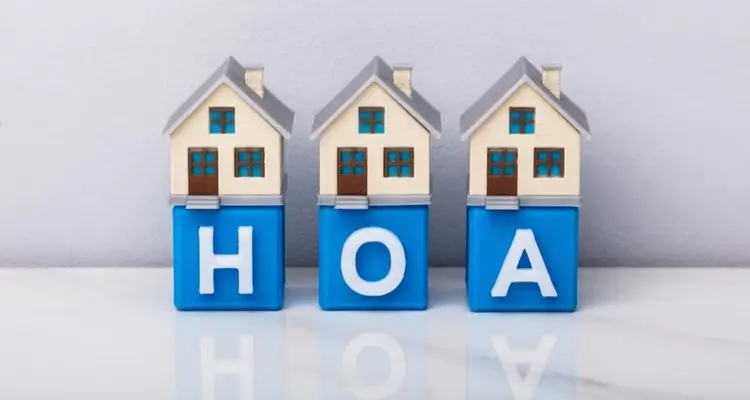
The interest rate you get on a mortgage has a profound affect on the cost of the loan.
Even as little as a quarter of a percentage point difference in rate can add up to tens of thousands of dollars ever the life of the loan.
In this article we’re going to take a look at how mortgage rates are determined and how you can get the best rate on your home loan.
Get Pre-Approved for a Mortgage Today
What is the Mortgage Rate
When you borrow money you will have to pay interest in addition to the principal balance. The mortgage rate, or interest rate, is the rate of interest paid on a loan annually. For a mortgage the rate is typically between 3%-7%. The rate will be based on the amount of risk the borrower poses. The higher the risk, the higher the rate will be and vice versa.
For example: If you have a $100,000 loan and the rate is 5%, you will pay approximately $5,000 of interest in the first year of the loan. As the balance decreases so does the amount of total annual interest owed.
Factors that Determine Mortgage Rates
Credit Score
A borrowers credit score is the biggest factor determining the mortgage rate on a loan. The higher the credit score is the lower the rate will be and vice versa. If your score is on the lower side, between 580-620 then you can expect an interest rate on the high side, between 1%-3% higher than the rate a borrower with excellent credit would receive.
Credit Score Ranges
- 720+ – Excellent
- 680-719 – Good
- 640-679 – Fair
- 580-639 – Poor
- 579 and lower – Bad
If your credit is on the lower end you should try to increase your scores as much as possible before applying for a loan. Even just a quarter of a point difference in the mortgage rate can add up to tens of thousands of dollars over the course of a loan.
Read our article for tips on how to improve your credit score
Debt-to-Income (DTI)
Your DTI ratio is the amount of your income that goes towards monthly debt payments, such as auto loans and credit cards. The higher the DTI ratio the risker the loan is thus, your mortgage rate will be higher. Ideally, lenders want a borrower with a DTI ratio no higher than 36%, but of course the lower the better.
Loan-to-Value Ratio (LTV)
The loan-to-value ratio or LTV ratio is the loan amount compared to the purchase price of the home. Your down payment will determine the LTV ratio, the more money you put down the lower the LTV ratio, the lower the risk. To get the best interest rates on a mortgage you should have at least a 20% down payment.
Loan Amount
The amount of the loan also comes into play when a lender is calculating the mortgage rate. Large loan amounts, like you would see on a jumbo loan present more risk to a lender so the rate will be higher.
Small loan amounts will also have higher rates because of the smaller loan amount there is less money to be made so the lender needs to charge a higher rate to make enough profit on the loan for it to make sense.
Economy and Bond Yields
Outside of borrower specific factors that change the mortgage rate, the starting point is set by several factors centering around the economy. These include 10-year treasury bond yields and investor sentiment in the secondary mortgage market.
Mortgage rates follow closely to 10-year bond yields, but since a mortgage carries more risk because it is not guaranteed like bonds are, the rate will be higher. When the economy is doing well, investors take money out of the bond market into the stock market pushing bond yields, and mortgage rates higher.
The economy in general will impact rates, if unemployment rises or the stock market starts to trend downward then mortgage rates generally follow lower. Anything related to economy such as the GDP numbers, home sales, jobs reports, unemployment rates, and consumer confidence can all impact rates.
Check Today’s Rates and Compare Offers
The Bottom Line…
Mortgage rates are determined by factors like the economy and bond yields as well as borrower and property specific factors including credit and debt-to-income ratio.
How Mortgage Rates are Determined
- Credit score
- Debt-to-income ratio
- Down payment (LTV ratio)
- Loan amount
- Economy and bond yields
To ensure you’re getting the best rates available you should work on improving your credit score before applying and get loan quotes from multiple lenders.
The Lenders Network has the largest network of mortgage lenders that specialize in home loans for borrowers with all types of credit scores. We will match you will the best lender based on your specific situation.



